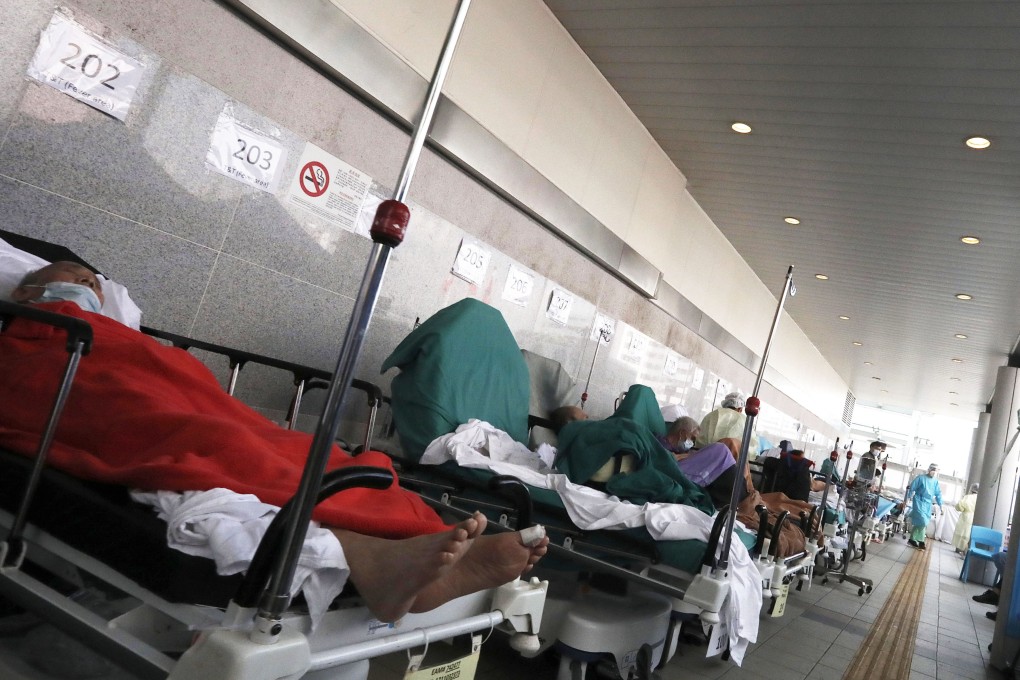People hospitalised with Covid-19 may have higher heart failure risk: study
- The findings support a growing body of research that suggests some people infected with Covid-19 go on to develop long-term heart problems
- Critics of the study say there may be too many other factors that could explain the link between Covid-19 hospitalisation and heart failure

People hospitalised for Covid-19 were more likely to have heart failure after their discharge than those hospitalised for another reason, found a study published this month by Duke University, North Carolina.
The study’s findings, published in the scientific journal, Nature Communications, support a growing body of research that suggests some people infected with Covid-19 go on to develop long-term heart problems.
Using health records of more than 580,000 patients admitted to US hospitals, Duke University’s researchers tracked how often those who had coronavirus went to the hospital for heart issues in the year after their discharge. They found the Covid-19 group was 45 per cent more likely to be diagnosed with heart failure when compared to patients hospitalised with something other than Covid-19.
Duke’s study is the first to look at this question in a large, racially diverse population, said Dr Marat Fudim, a Duke cardiologist and author on the paper.
A paper published in February found a similar link between cardiovascular disease, including heart failure, and Covid hospitalisation in US Veterans Affairs hospital patients.
Fudim said that heart disease might in time be revealed to be a complication for those who had a milder Covid-19 infection.
